Climate change is intensifying the struggle for food and survival, hitting smallholder farmers and vulnerable communities the hardest.
Those who grow the nation’s food are increasingly going hungry themselves. Even where food is available, nutrition is lacking. In response, the Climate Adaptive Agriculture and Food Sovereignty (CAAFS) programme empowers farming communities to reclaim control over their food systems. By integrating traditional knowledge with climate-smart practices and scientific innovation, CAAFS strengthens local resilience, promotes sustainable agriculture, and restores dignity. It works through grassroots mobilisation, partnerships with institutions, and a strong focus on equity and women’s leadership.
- Assam Kokrajhar,Chirang, Nagaon, Morigaon, Kamrup, East Karbi Anglong, Dibrugarh, Cachar,Hailakandi, Sonitpur
- Arunachal Pradesh Changlang, Lower Subansiri
- Meghalaya North Garo Hills, West Jaintia, West Khasi Hills, South west Khasi hills, East Khasi Hills, Ri Bhoi
- Madhya Pradesh Sagar and Mandla
- Manipur Kangpokpi, Tengnoupal and Thoubal
- Mizoram Kolasib
- Tripura Gomati
Our Reach
- 7States
- 25Districts
- 208Villages
- 89,239Population
Focus
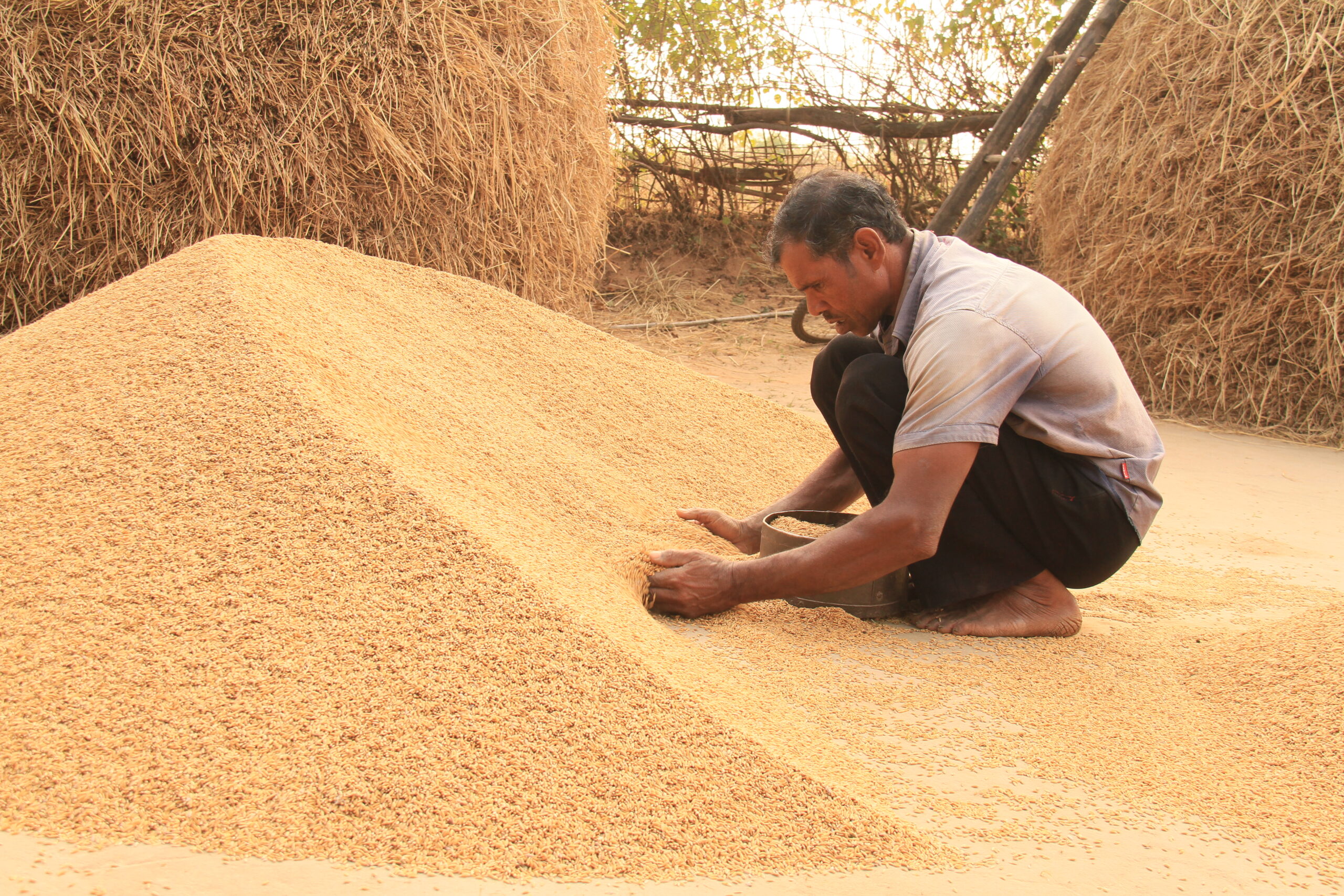
Empowering communities to achieve self-reliance in nutritious food production through sustainable practices.
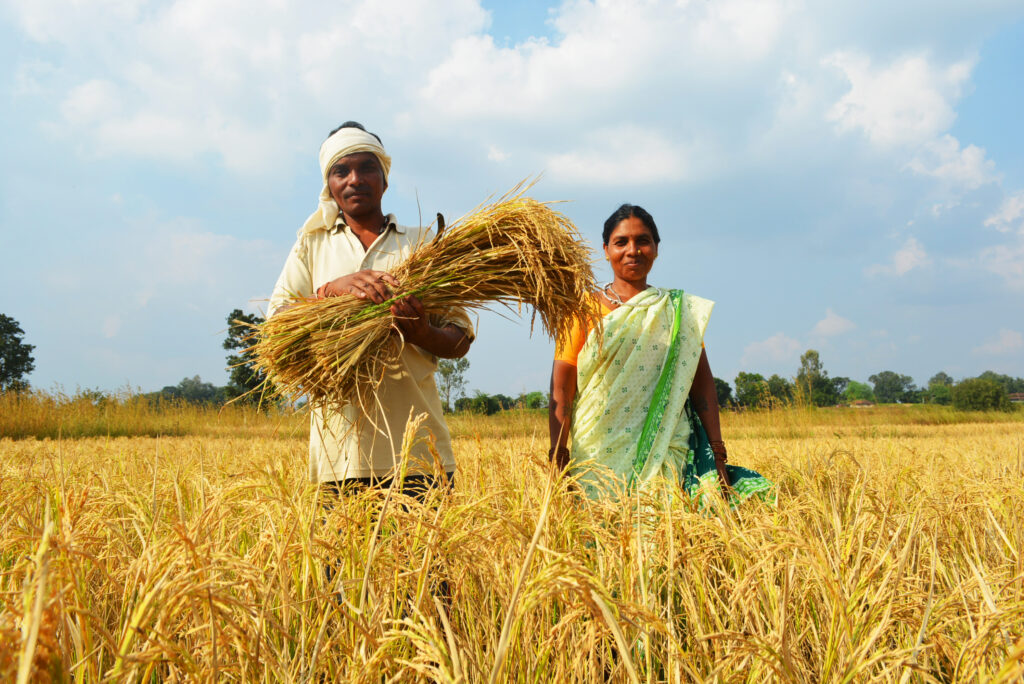
Building the resilience of small-scale farmers to cope with the changing climate and ensure future harvests.
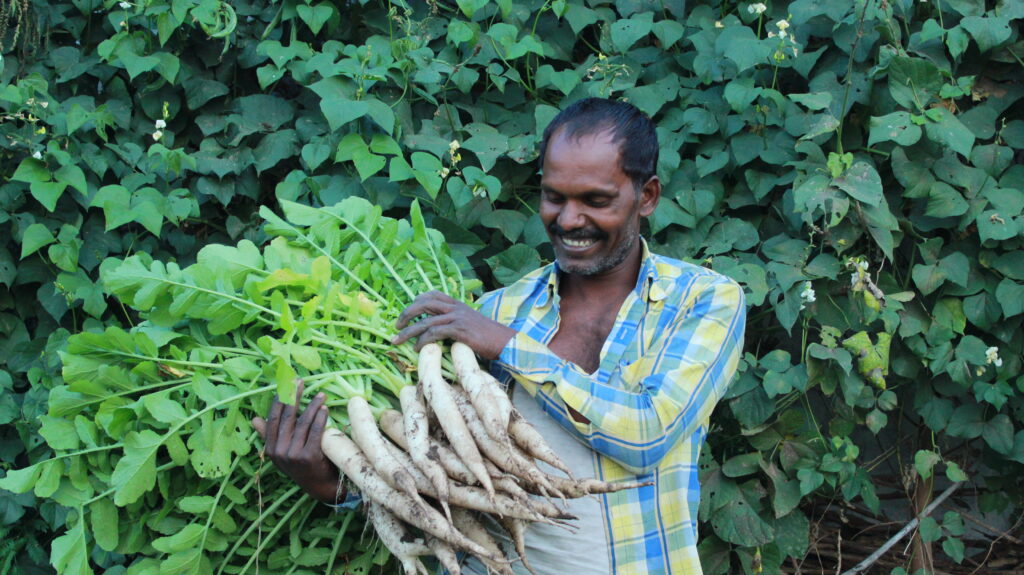
Promoting sustainable agricultural practices that generate income and financial security for farmers and their families.
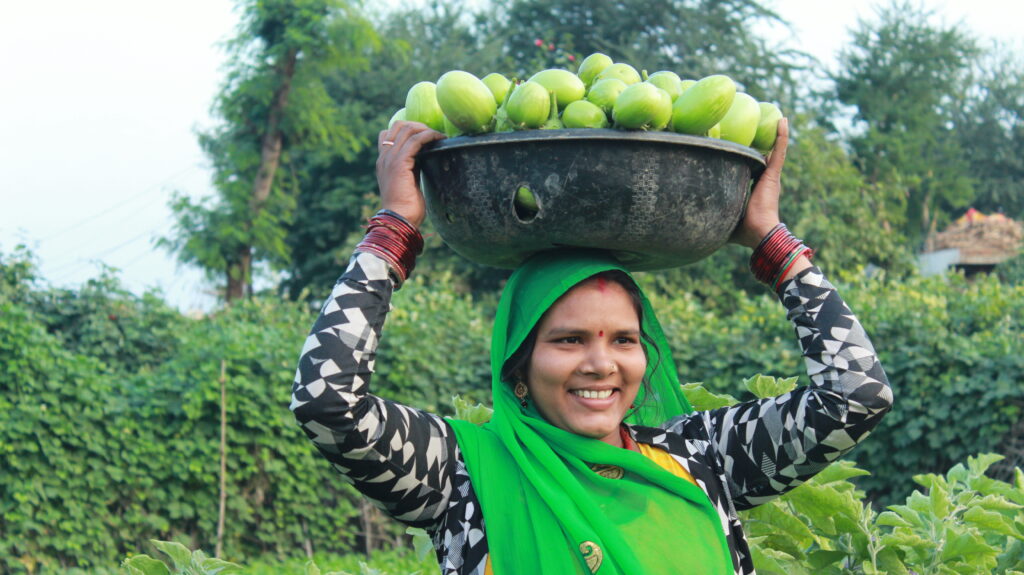
Facilitating fair market access for small and marginal farmers, fostering stronger local food systems.
Key Projects
Past Projects
U-3 (UJJWALA, UTTORAN AND UJJEVANA)

The U3 (Uttoran, Ujjivana, Ujjwala) program, supported by Misereor, benefited over 128,000 people across 212 villages in West Bengal, Karnataka, and Telangana. It promoted climate-resilient, sustainable agriculture and livelihoods through community ownership, aligned with Caritas India’s pillars of empowerment, dialogue, volunteering, and sharing. U3 fostered agricultural sovereignty by leveraging local knowledge in mixed farming and biodiversity, while enhancing women’s entrepreneurship and reviving indigenous practices. Despite challenges like political disruptions and heatwaves, the program strengthened governance participation, market access, and volunteer engagement. Future plans included scaling Farmer Producer Organizations, government collaboration, and resource mobilization for lasting community resilience and growth.
SAKSHAM-III
JEEVAN – WOMEN LED EMPOWERING ACTION (WLEA)
SANJEEVANI
News
SEE ALL NEWSTransforming Agriculture and Livelihood landscape in Arunachal Pradesh
LEARN MOREFrom Strength to Strength: The Inspiring Journey of an SHG promoted under U3 program
LEARN MORESAFBIN introducing conservation measures to boost resilience of smallholders
LEARN MORE
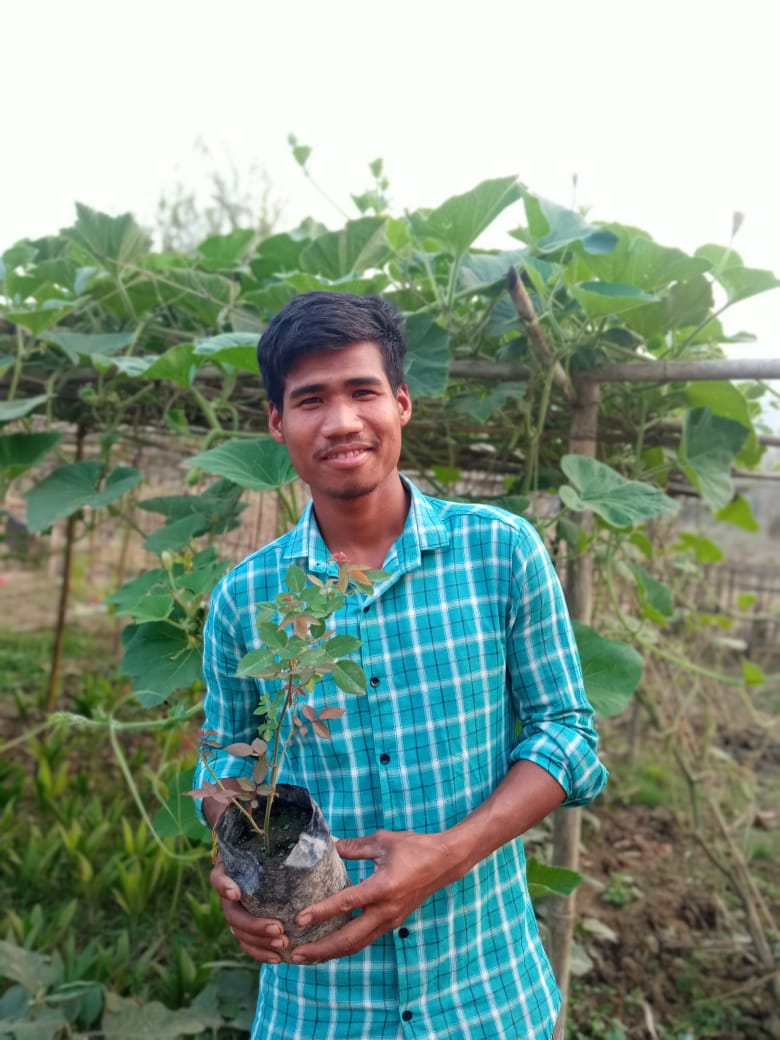
"Thanks to the awareness provided, I switched to organic farming, improving my ability to use non-chemical methods for fertility and pest management in my fields."
Jackson Bordoloi, Marjong Village, Nagoan, Assam.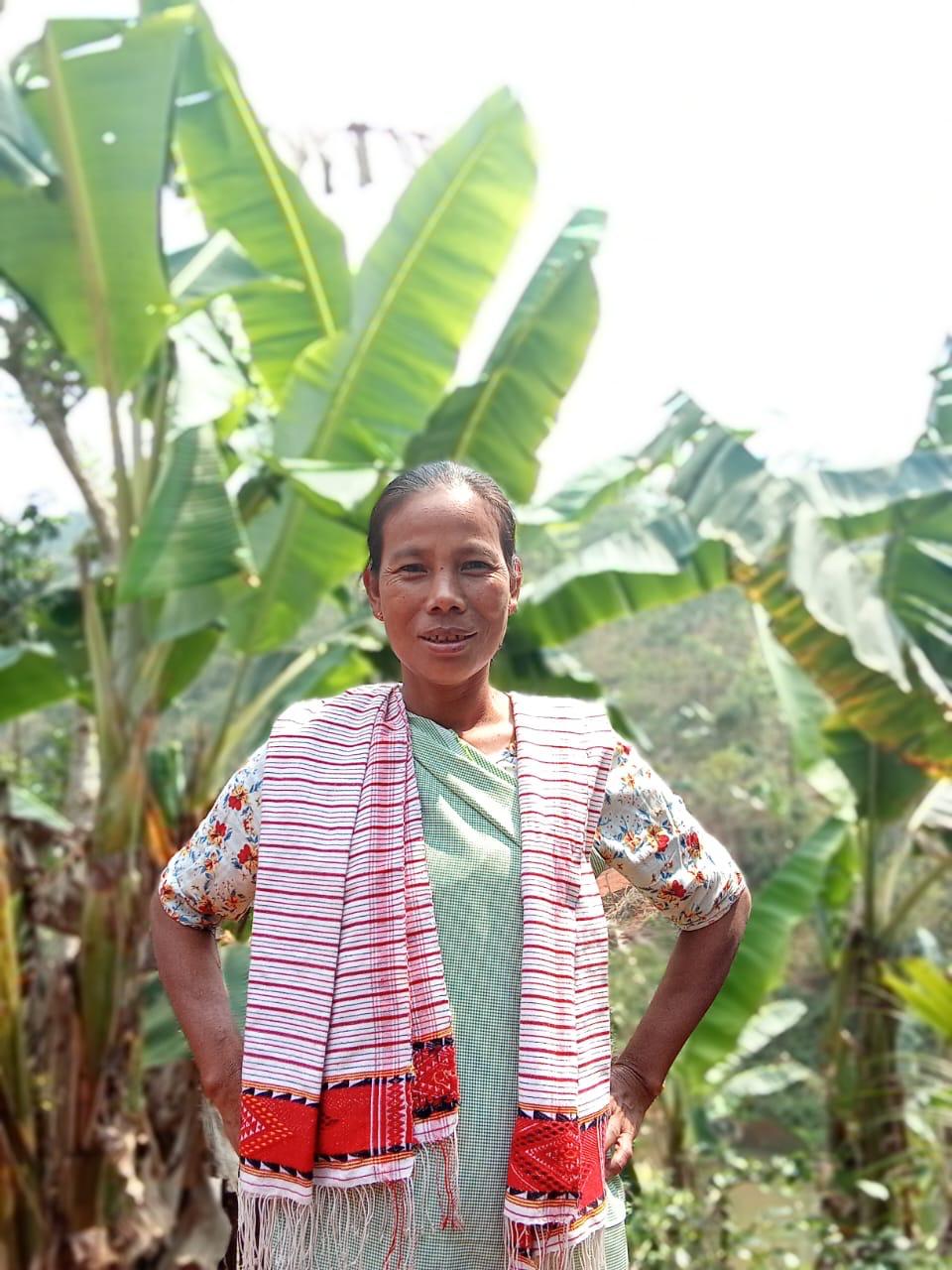
"I grow medicinal gardens and revive wild edibles, allowing me to eat traditional foods for health benefits."
Ms. Theimon Makri, Pahamshiken Village, Ri Bhoi, Meghalaya.
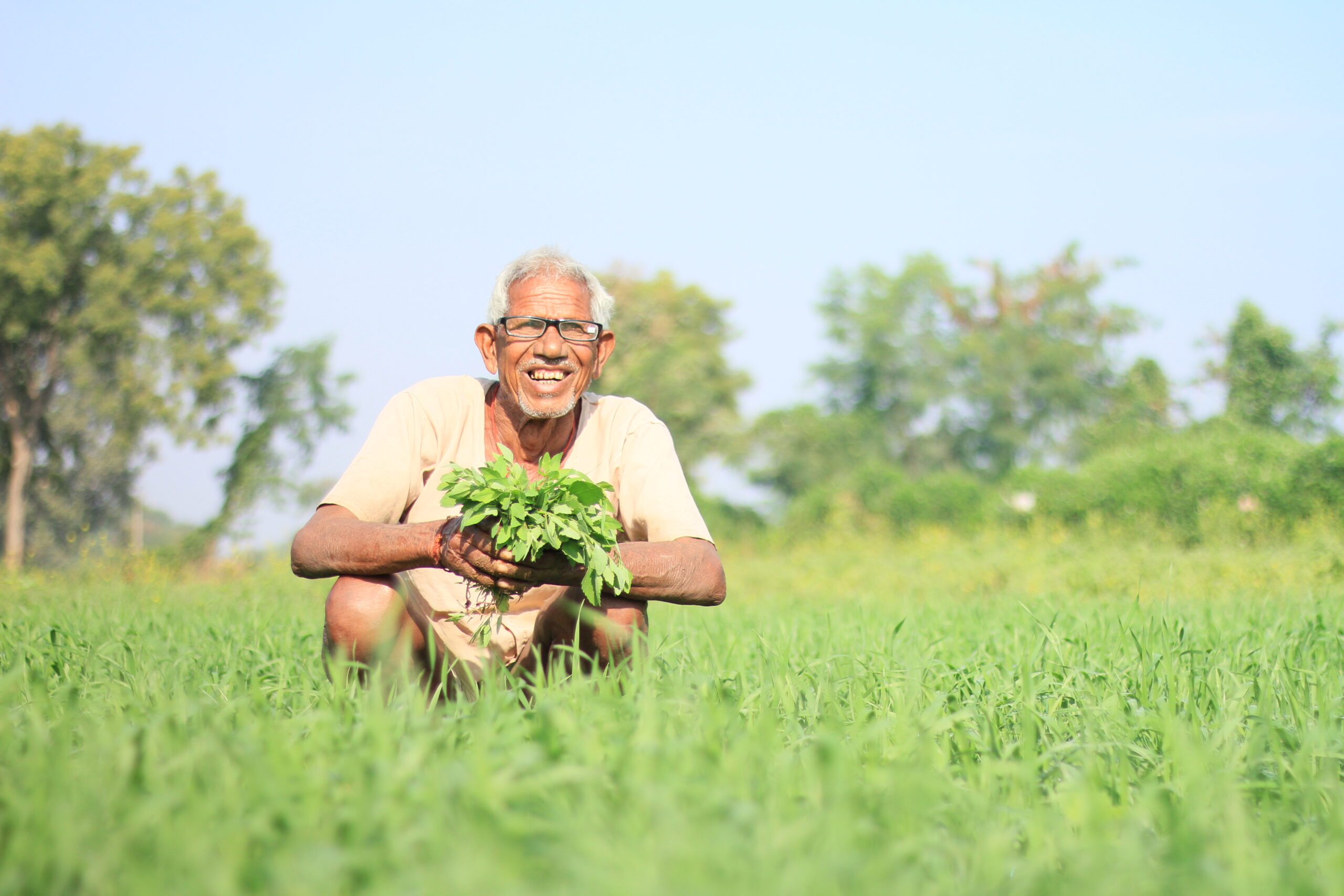

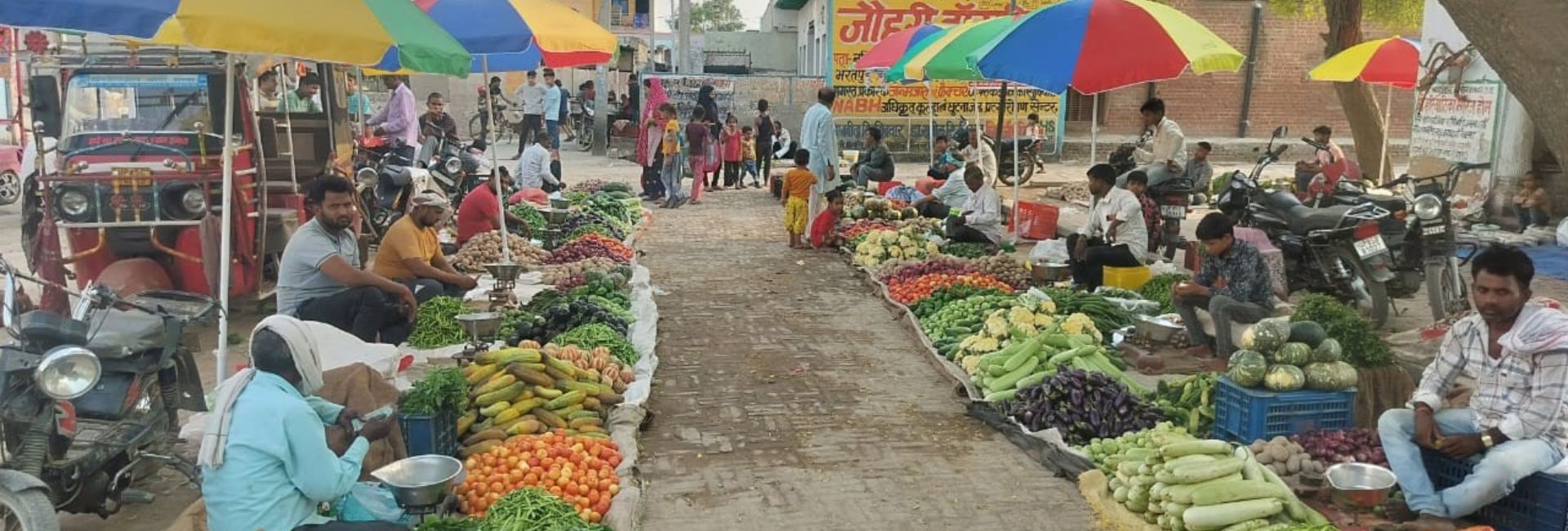
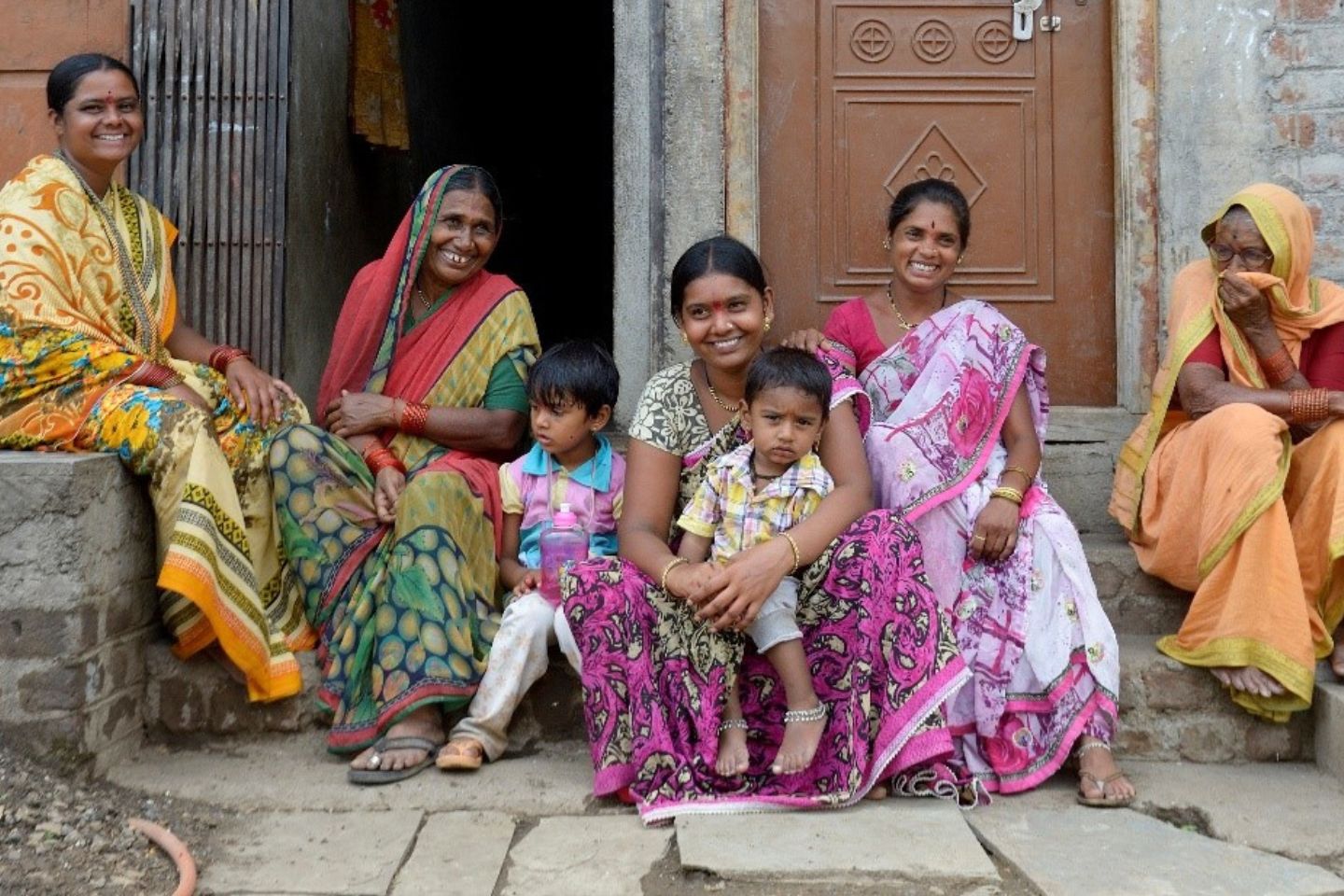
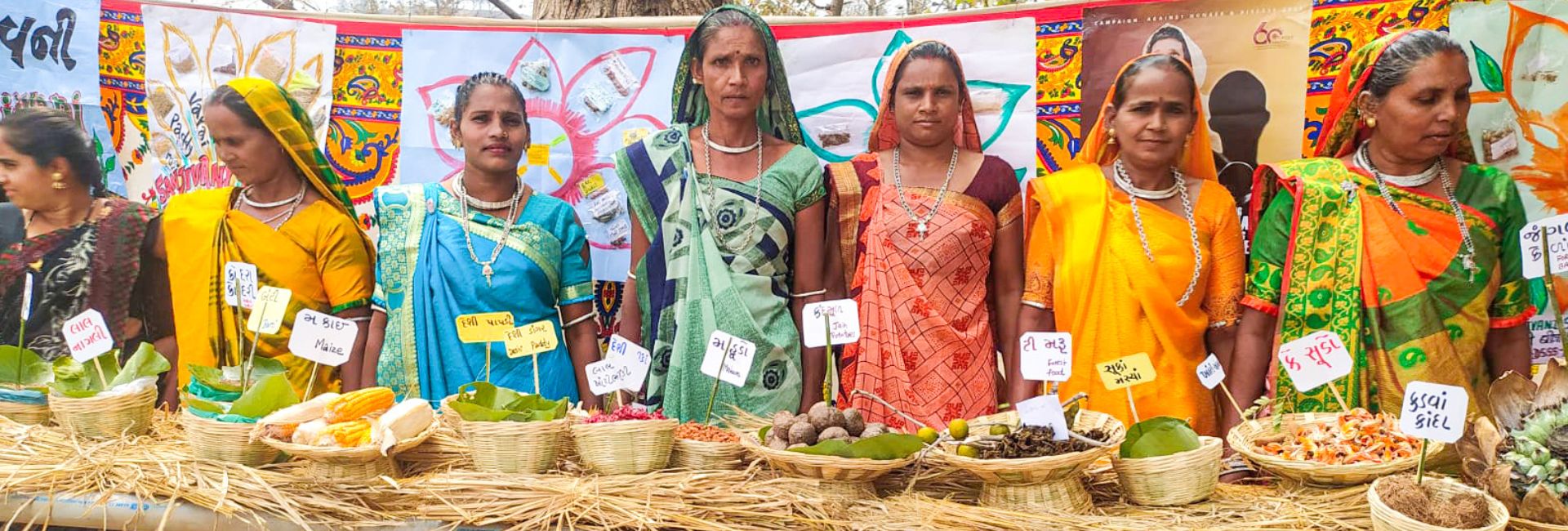



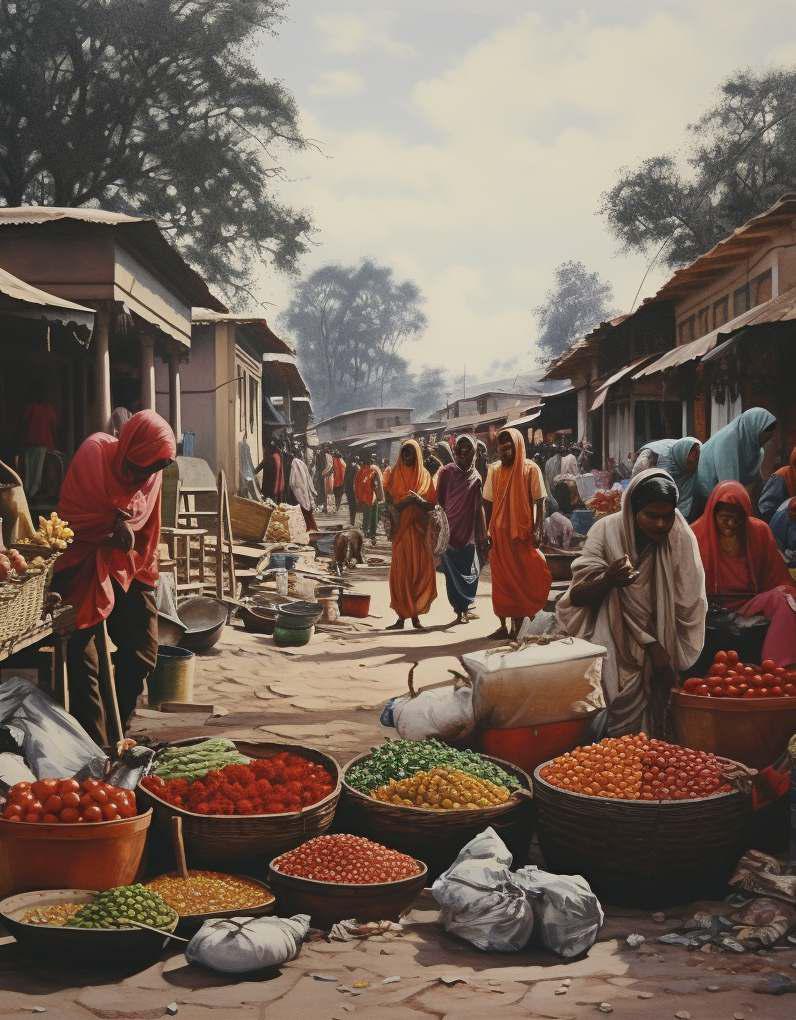
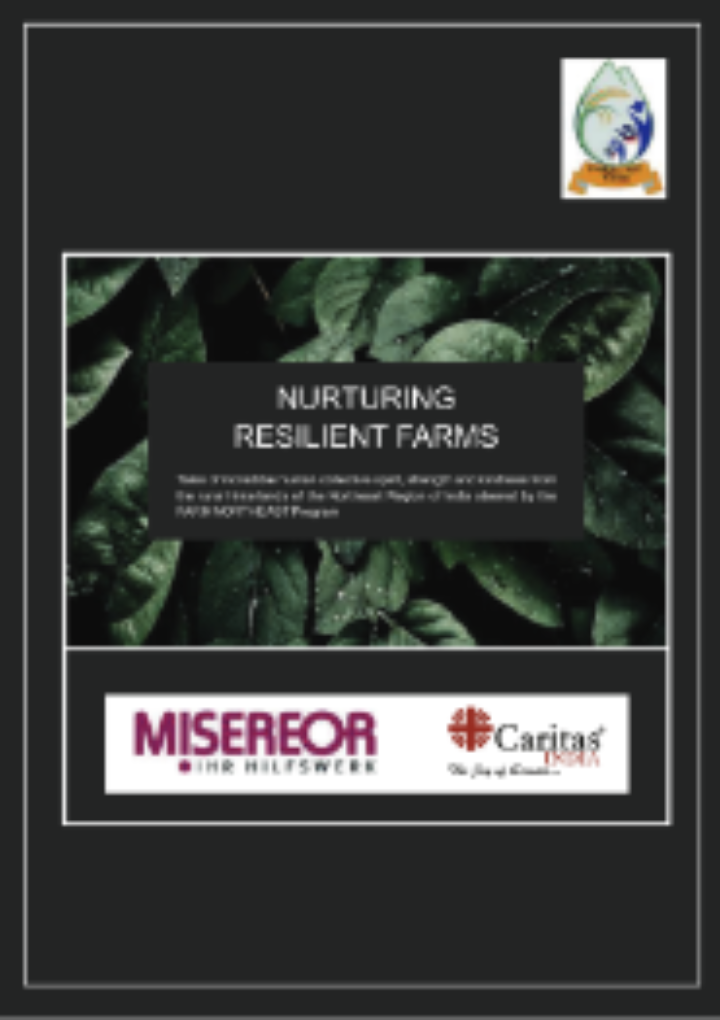
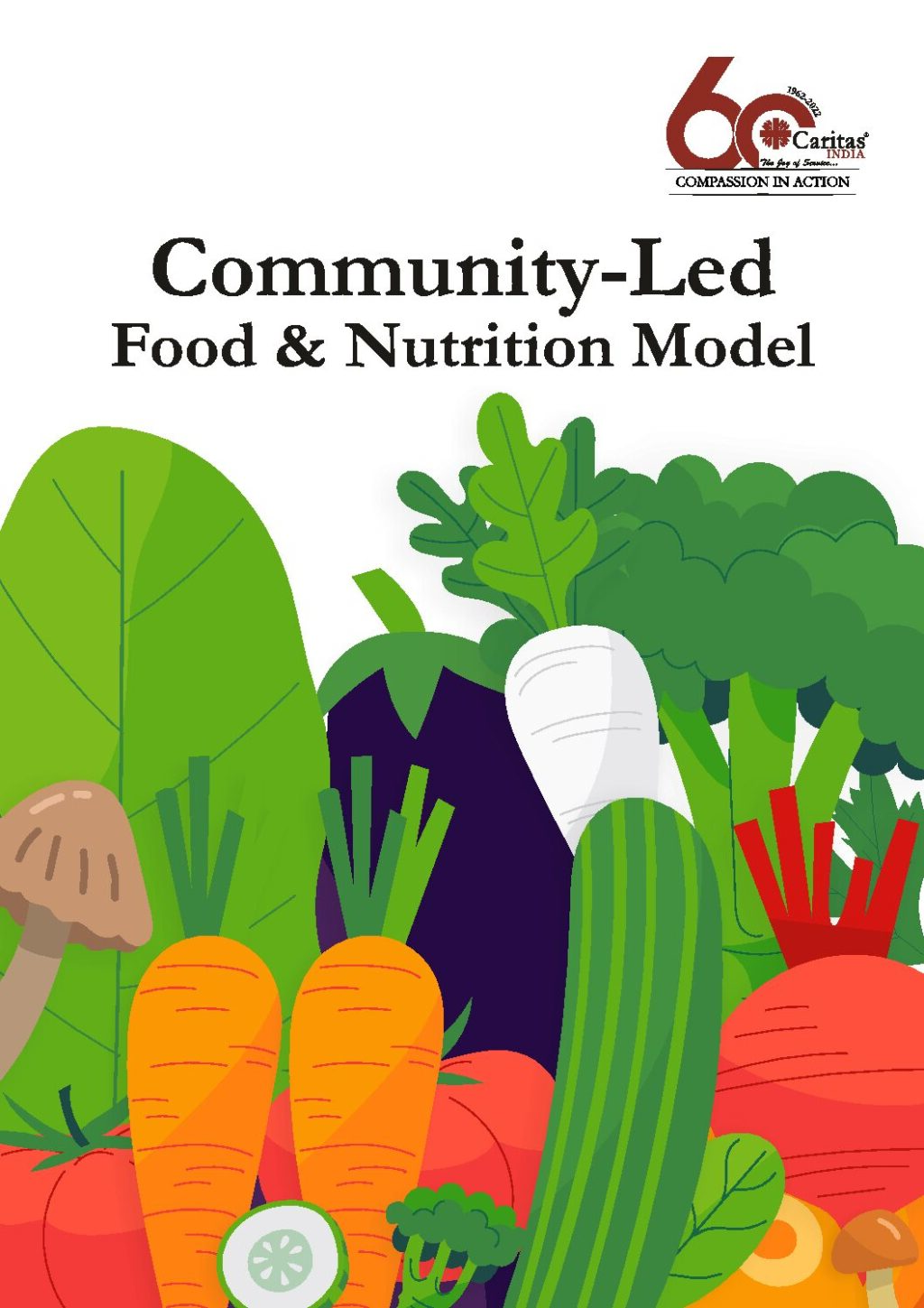
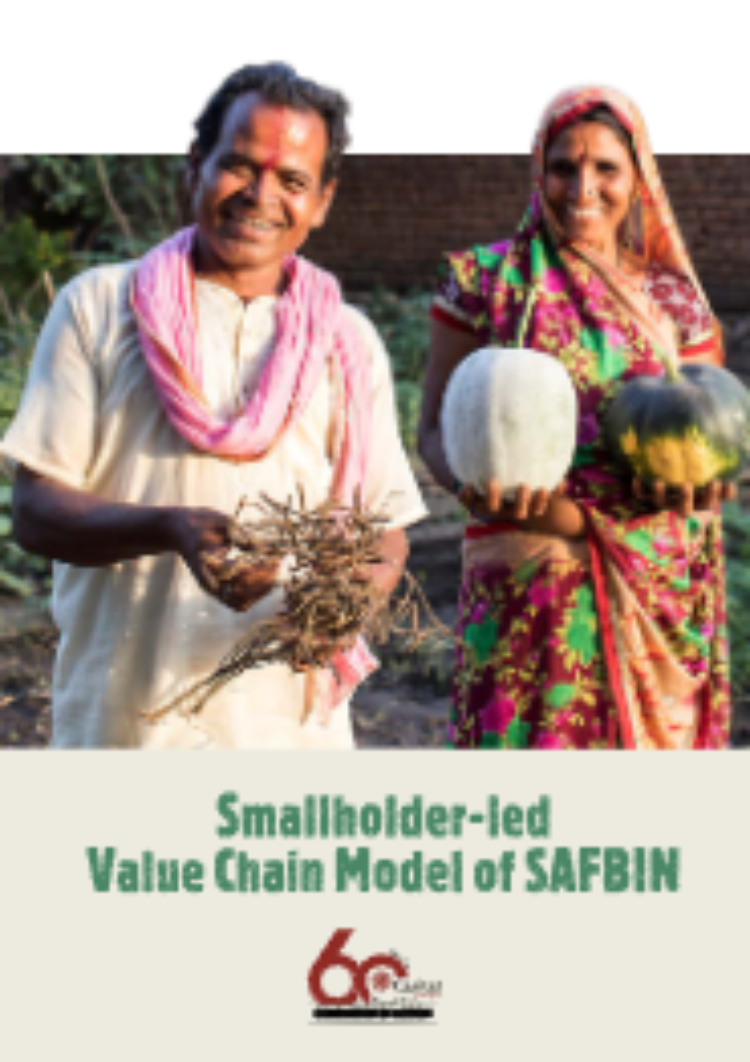

 91 -11 - 2336 3390
91 -11 - 2336 3390  director@caritasindia.org
director@caritasindia.org 